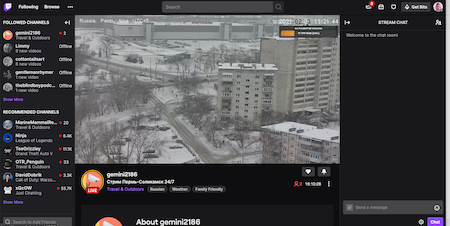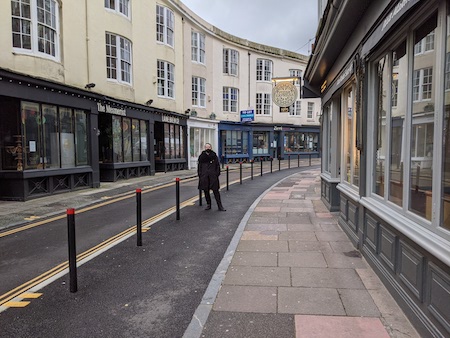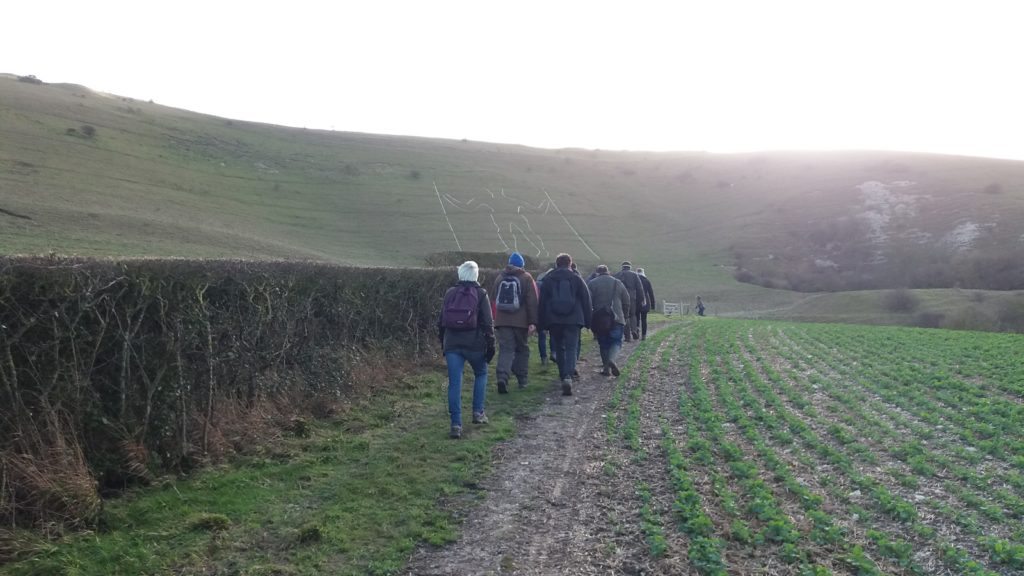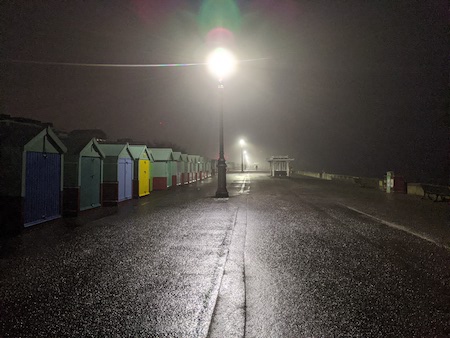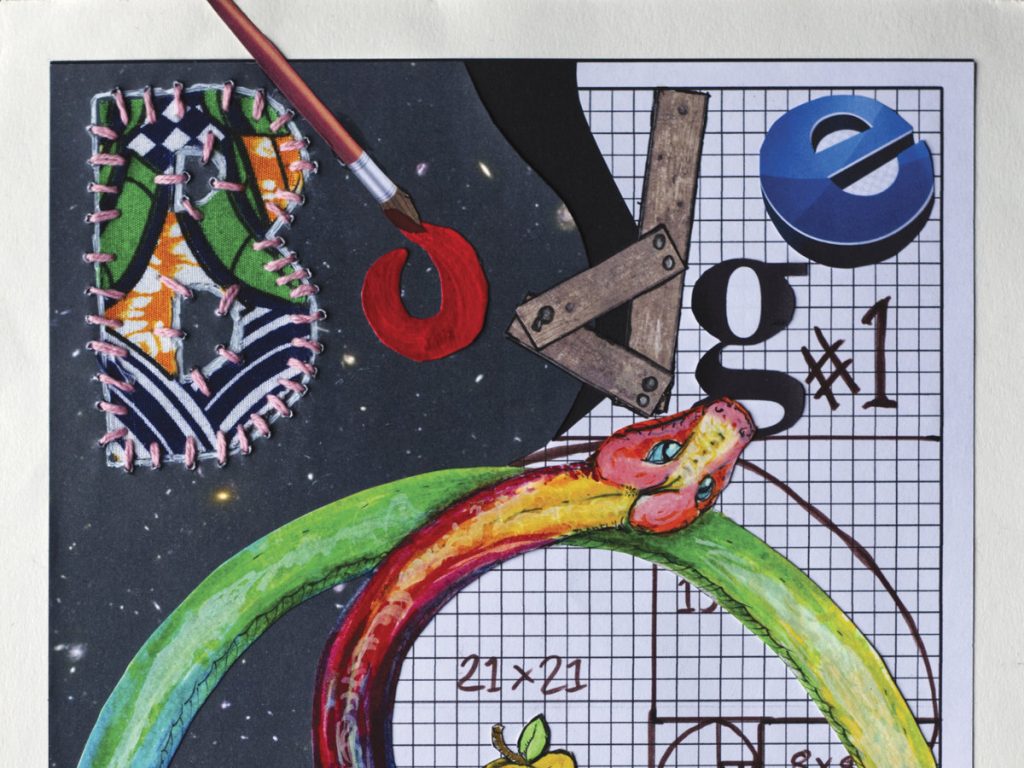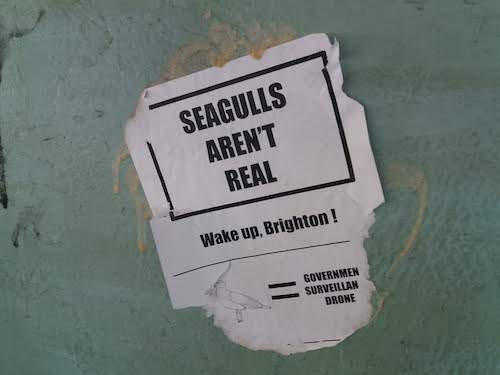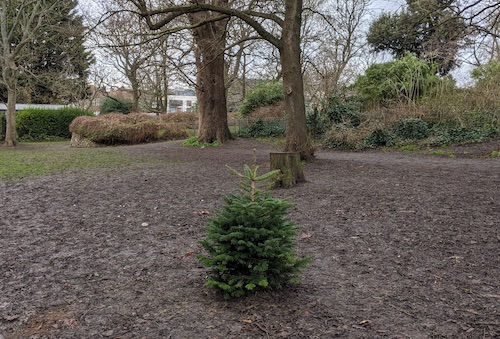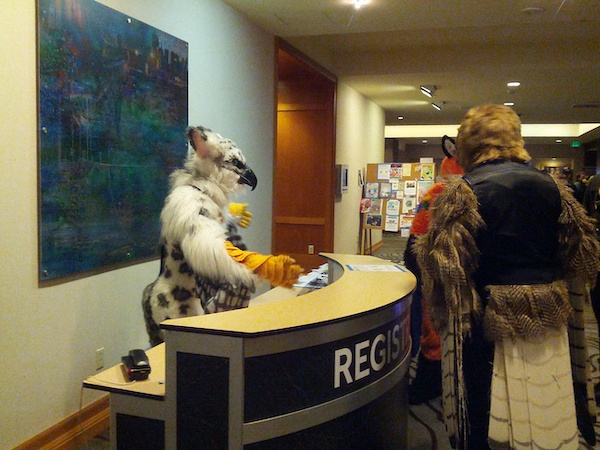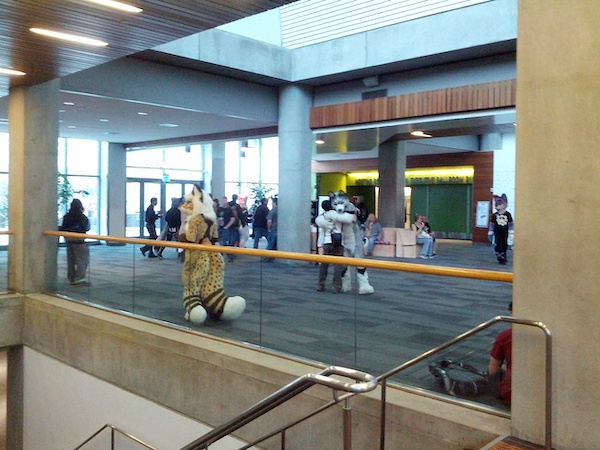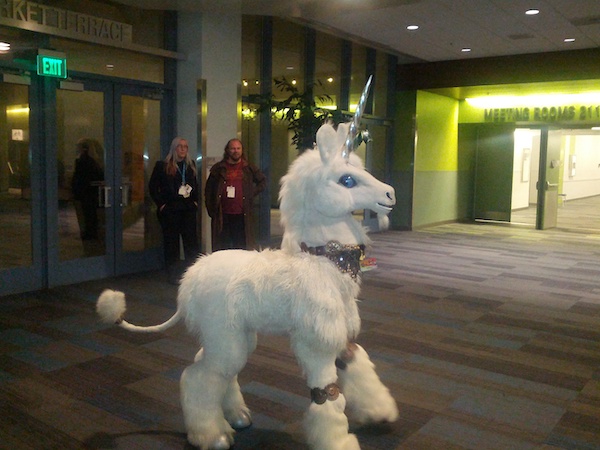Last weekend, I watched all six episodes of the new Adam Curtis show, Can’t Get You Out of My Head, which comes in at about eight hours. I’m still thinking about the show, but my initial thoughts are somewhat critical.
- First off, I loved that the first mention of Discordianism was approximately 23 minutes in. Beautiful attention to detail.
- In many ways, this felt like a direct continuation of Curtis’s other documentaries, with the same mix of B-roll footage, out of context archive shots and tasteful music.
- In a show that talks about power and narrative, Curtis’s use of his voice as a patrician BBC voiceover is suspect. This should be parodic, but he seems to be playing it straight.
- Many of the ideas Curtis uses are quite simple, and thrown out of linear order just to create patterns and juxtapositions.
- Some of these juxtapositions begin to seem trite. ‘Saudi Arabia is a fairyland, just like Tupac Shakur’s version of LA!’ ‘The KKK are like Isis, who are just like English folk dances before world war two!’
- There is a loss of context to the images, which is sometimes problematic. We’re lulled into not questioning the origin of footage and ideas. At one point, shocking footage is shown of what looks like preparations for a mass execution, the victim’s faces blurred. Were they blurred by the BBC or by the people who shot and edited the original footage?
- Curtis often talks about how the world had gone “badly wrong” for the middle classes, sometimes supporting this by proximity to appalling outrages on less-privileged groups. I think that someone like Curtis could always show the middle classes being unhappy and unsettled with whatever the mainstream ideology was.
- Towards the end, Curtis talks about use of neural networks on the web, and how patterns in the data are analysed without context or meaning. The implicit self-critique is palpable.
- But, at the same time, there is a fascinating twist, which comes too late to be followed up. Having spoken about manipulation through social media, Curtis questions the idea of this through the replication crisis.
- After talking for hours about the growth in bureaucratic power, Curtis briefly moves to discussing Brexit. He questions the idea that Brexit was a manipulation of Leavers by outside forces, implying that Brexit might even be a positive way of reclaiming the collective power has been undermined over years. It’s a disturbing and fascinating moment.
- It feels like the next Curtis documentary could be very interesting.
What fascinates me about this show, and makes it worth discussing, is that Curtis seems to be making a provocative, inspiring narrative, but one that is almost drowned by his tropes. That positive story is about the limits of individuality, and the need for collective stories to change the world. Rather than focus on the anxiety and confusion, he could have focussed on people gathering together. It’s that show that has excited me, rather than the one discussed above.
Curtis deals in hidden narratives, but the film begins and ends with David Graeber’s inspiring quote: “The ultimate hidden truth of the world is that it is something we make. And could just as easily make different”.
